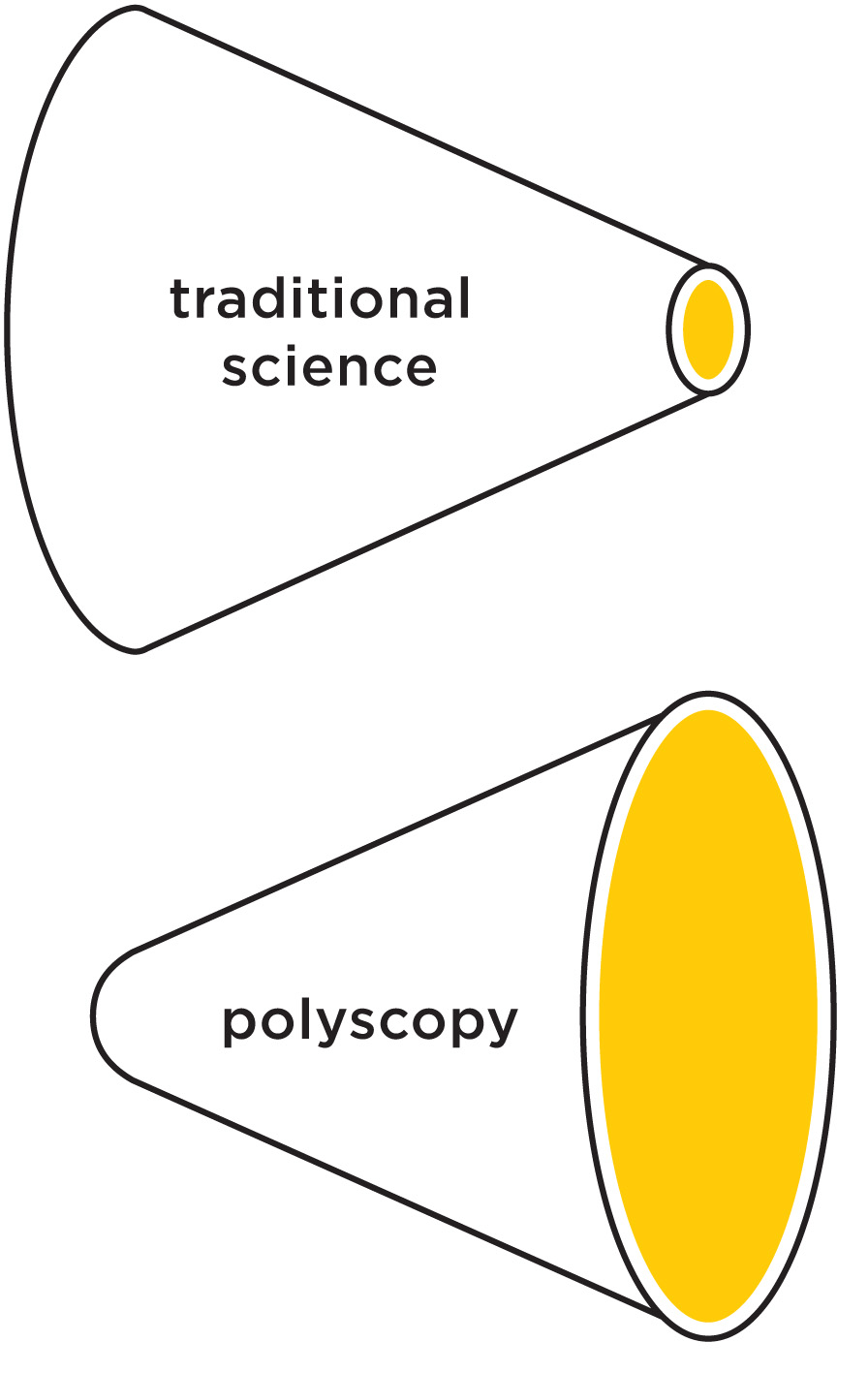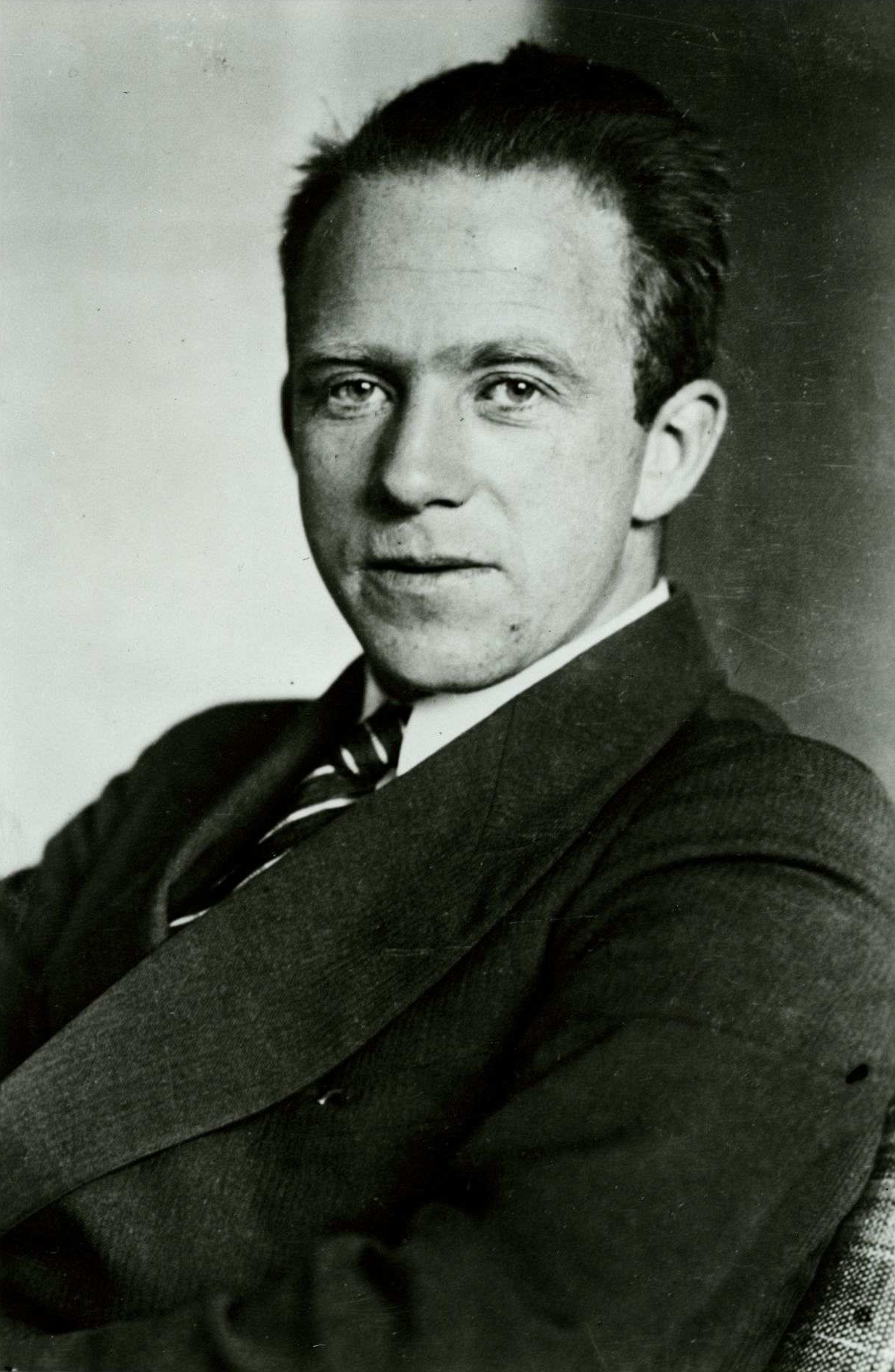Difference between revisions of "Holotopia: Narrow Frame"
m |
m |
||
| Line 72: | Line 72: | ||
<div class="row"> | <div class="row"> | ||
| − | <div class="col-md-3">< | + | <div class="col-md-3"><h2>Prototypes</h2></div> |
<div class="col-md-7"><h3>Polyscopy</h3> | <div class="col-md-7"><h3>Polyscopy</h3> | ||
<p> | <p> | ||
| Line 85: | Line 85: | ||
<h3>Back to [[Holotopia:Five insights|Five insights]]</h3> | <h3>Back to [[Holotopia:Five insights|Five insights]]</h3> | ||
| − | |||
| − | |||
| − | |||
| − | |||
| − | |||
| − | |||
| − | |||
| − | |||
| − | |||
| − | |||
| − | |||
| − | |||
| − | |||
| − | |||
| − | |||
| − | |||
| − | |||
| − | |||
| − | |||
| − | |||
| − | |||
| − | |||
| − | |||
| − | |||
| − | |||
| − | |||
| − | |||
| − | |||
| − | |||
| − | |||
| − | |||
| − | |||
| − | |||
| − | |||
| − | |||
| − | |||
| − | |||
| − | |||
| − | |||
| − | |||
| − | |||
| − | |||
| − | |||
| − | |||
| − | |||
| − | |||
| − | |||
Latest revision as of 10:49, 15 April 2020
Contents
H O L O T O P I A P R O T O T Y P E
Narrow Frame
The pitch
The miraculous achievements of science have transformed every aspect of our existence. Are we really calling the scientific method "a narrow frame", and comparing it to a pair of candles?!
Scope
Science, in the role of truth and meaning provider to our culture at large, has never been created for that role. The fact that it finds itself in that role is a result of a series of historical accidents.
Reversal
The science myth
Considering what is "scientifically proven" (and only that), as "true" and hence worth knowing.
The hammer error
So now that we have "the right" approach to knowledge, which is metaphorically a 'hammer'—we either consider everything to be a nail; or we look for the nail.
An alternative formulation of this paradox is "searching for the lost keys (or watch) under a streetlight", the story we told at a transdisciplinary conference...
Ideogram
When we understood that the tools for knowledge work are not written in stone and handed down to our scientific ancestors, but humanly created, it became natural to tailor them to the purpose the serve—the purpose of seeing more.
Federating the narrow frame insight
Stories
Quoting Heisenberg is enough
One may say that the most important change brought about by its results consists in the dissolution of this rigid frame of concepts of the nineteenth century.
The rest can be found in Federation through Stories, exactly here.
Actions
A general-purpose (transdisciplinary) science
There is an obvious way to overcome the narrow frame issue:
- define concepts by convention (and eliminate the linguistic narrow frame)
- create an approach to knowledge that is purpose-drive, not tool-driven (by providing a flexible toolkit, not only a hammer; and changing the knowledge-work ethos accordingly)
Prototypes
Polyscopy
Polyscopy is exactly that—it is (a prototype of) a general-purpose methodology for knowledge work. A toolkit, not a hammer.
Action 2
Text


